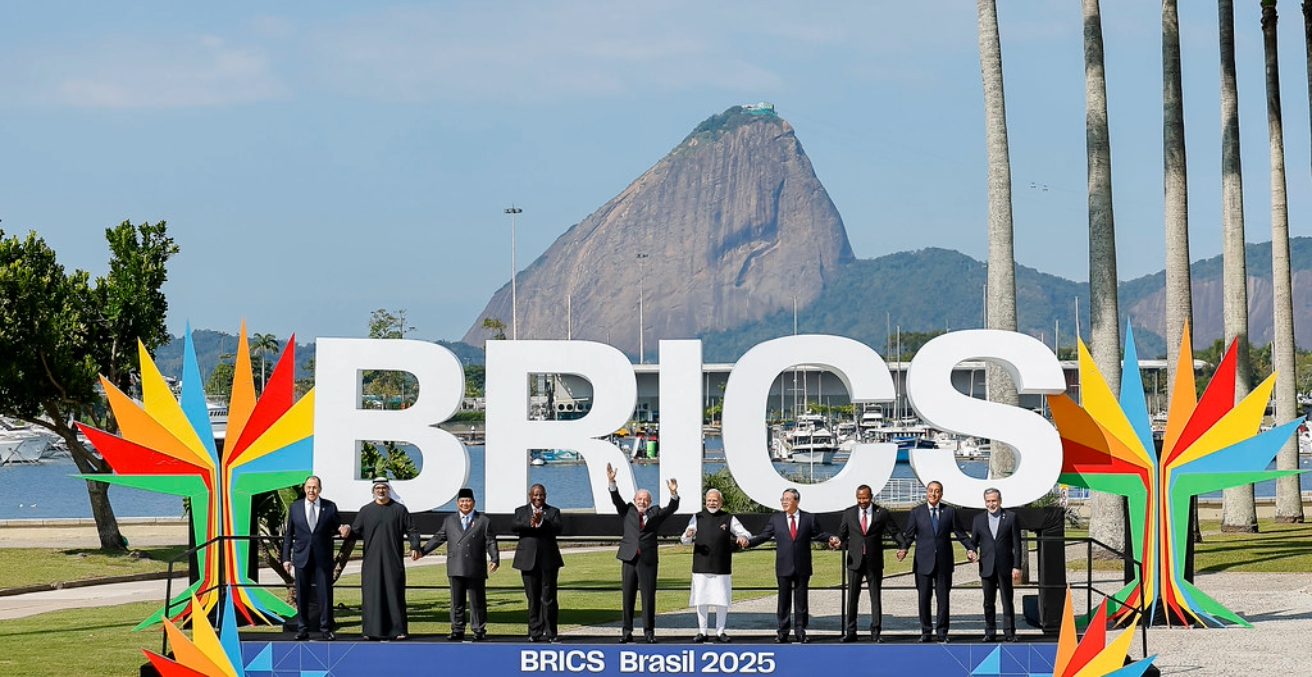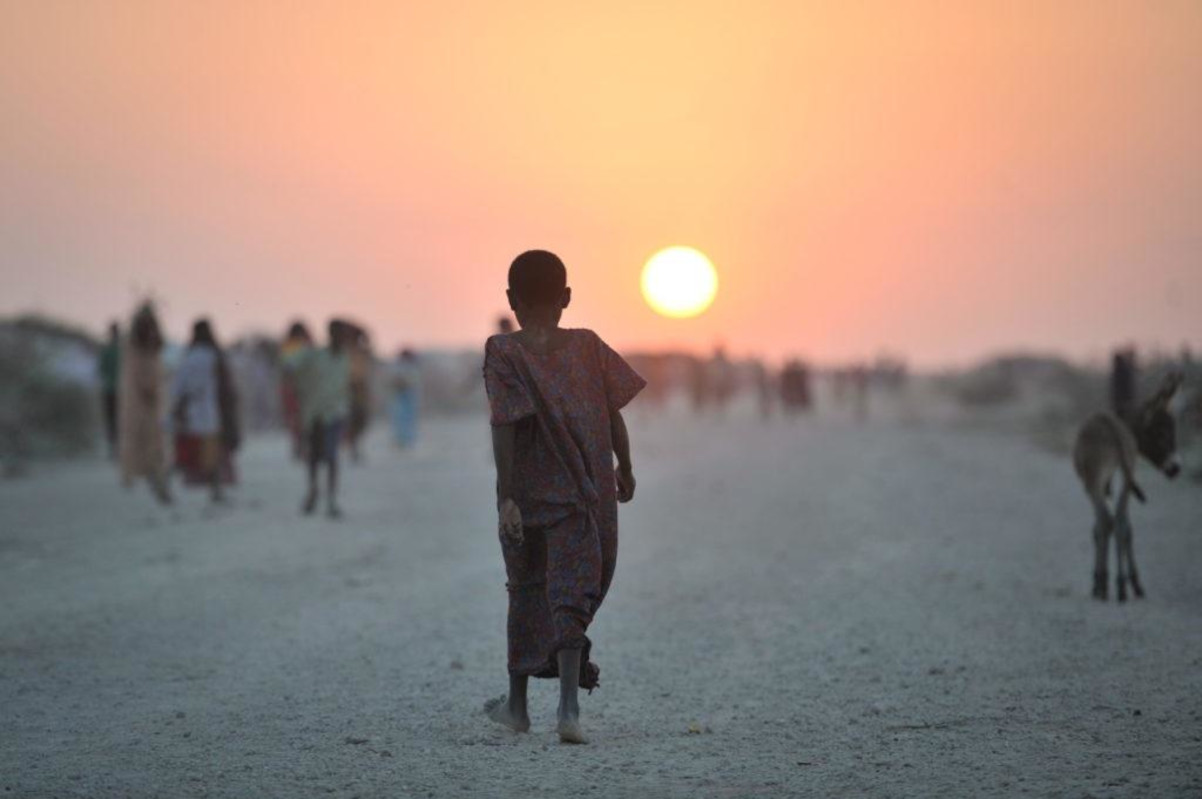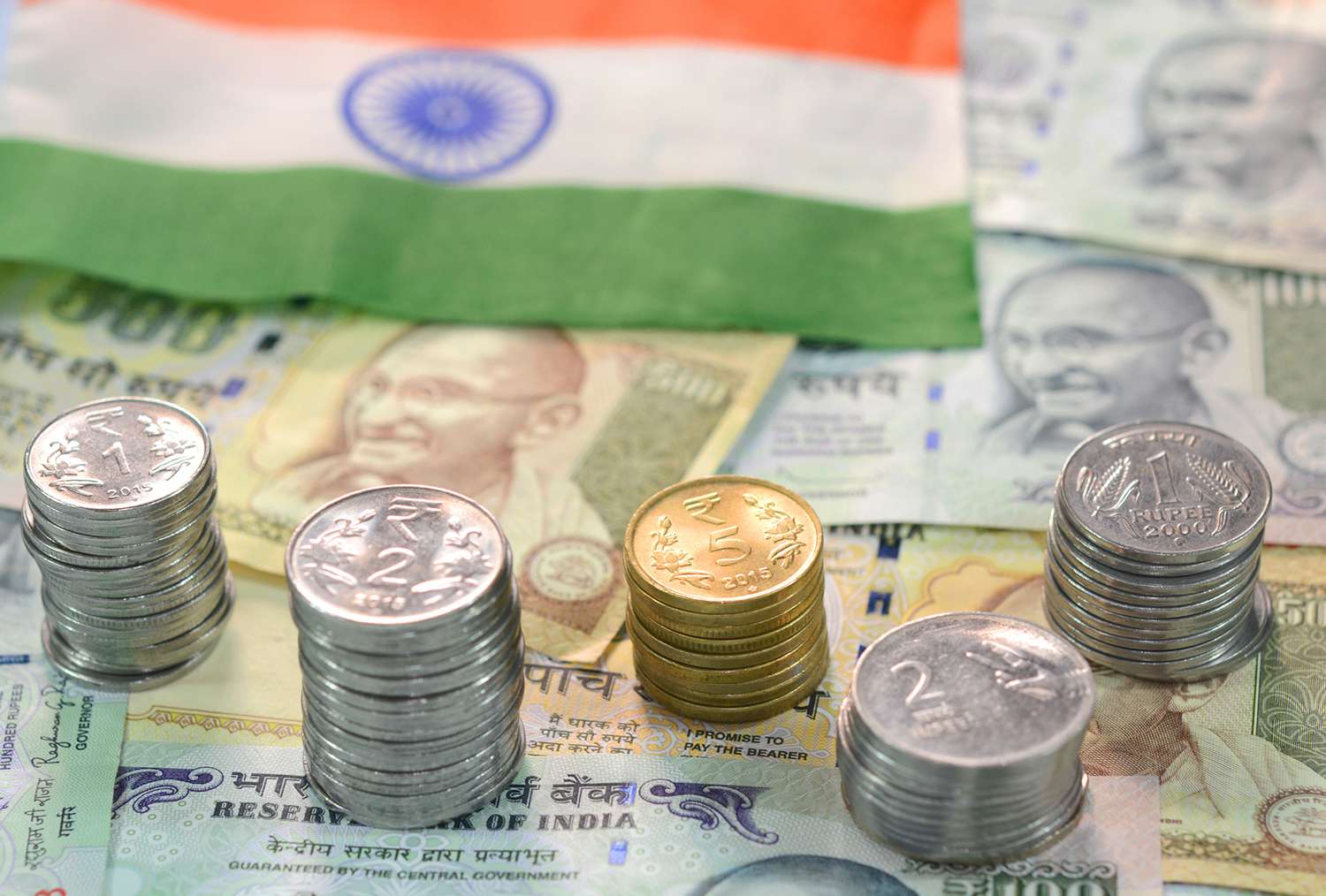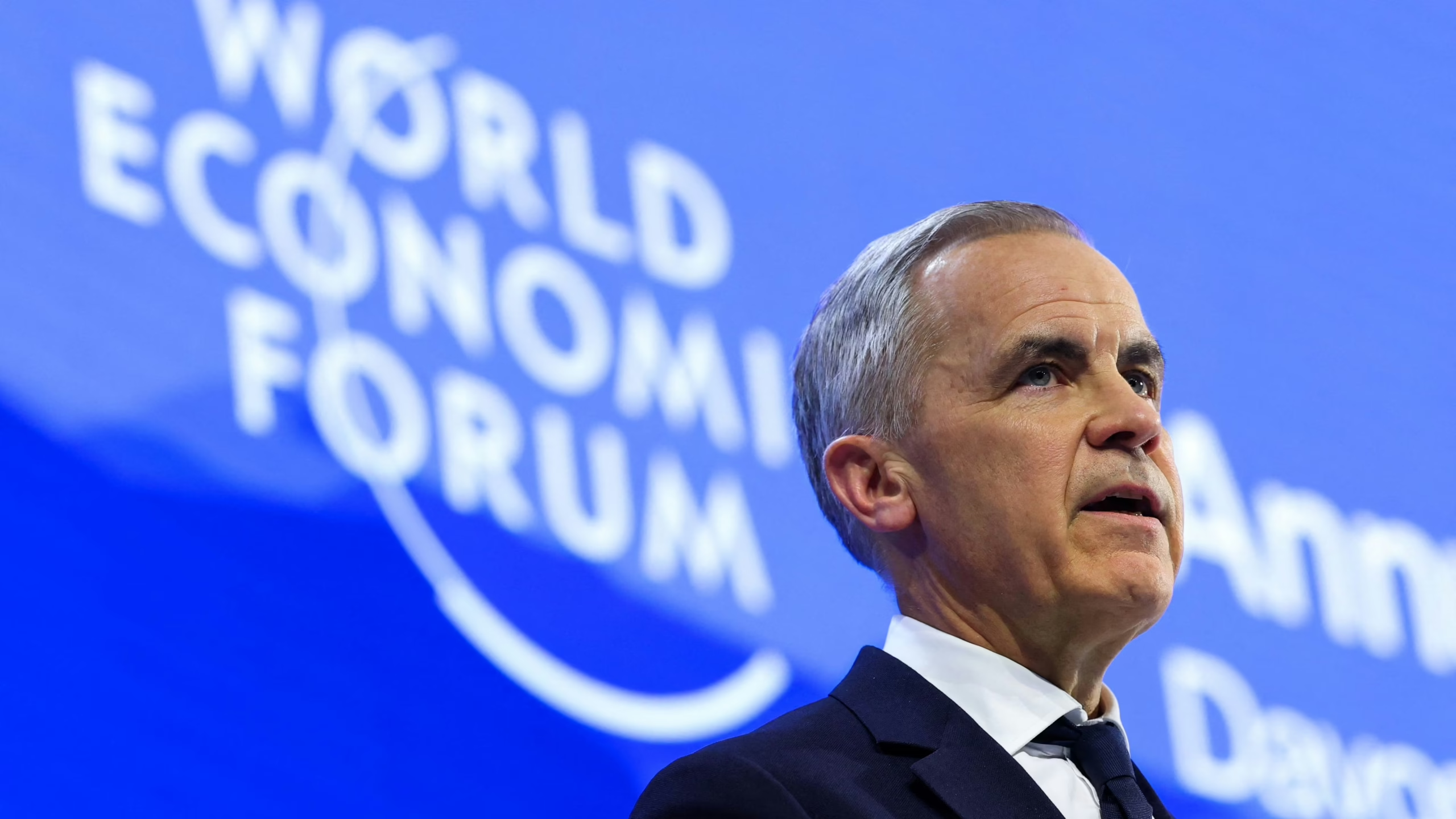Indonesia’s growing economic alignment with BRICS partners masks a more nuanced defence strategy—one that cultivates ties with both Washington and Beijing without formal allegiance to either. By balancing military cooperation with the US and defence industry partnerships with China, Jakarta is doubling down on strategic autonomy in an era of intensifying great power rivalry.
When Indonesia’s President, Prabowo Subianto, declined an invitation to the G7 Summit in Canada in June—opting instead to appear beside Vladimir Putin at the St. Petersburg International Economic Forum—it was widely read as a symbolic pivot. With Indonesia now a member of BRICS, and with warming ties with Beijing and Moscow, it’s clear Jakarta is rethinking its place in the global order.
But while Indonesia’s economic and diplomatic orientation may be tilting eastward, its military and defence policy tells a more complex story—one of deliberate balance rather than allegiance.
Last week, Prabowo hosted General Bryan Fenton, Commander of the United States Special Operations Command (USSOCOM), in Jakarta. On the next, he welcomed General Xu Xieqiang, head of China’s Central Military Commission’s Equipment Development Department. Both meetings were friendly. Both resulted in declarations of cooperation. And yet, neither signals Indonesia is choosing sides—at least not in its defence sector.
General Fenton’s visit was more than ceremonial. He awarded Prabowo a USSOCOM Medal in recognition of Indonesia’s growing contributions to regional security and its partnership with the US military. In a few weeks, the two countries will co-host Super Garuda Shield 2025, a joint military exercise involving 14 countries. These drills aim to strengthen interoperability, maritime awareness, and collective readiness—hallmarks of US-led multilateral defence efforts in the Indo-Pacific.
Simultaneously, Prabowo’s meeting with General Xu focused on building Indonesia’s domestic defence industry through technology transfer and co-production. China has been courting Southeast Asia with arms deals and industrial partnerships that are attractive for countries seeking affordable military hardware and defence autonomy.
Yet, what stood out during the Chinese general’s visit was what wasn’t said: once again, there was no mention of the South China Sea, despite ongoing tensions near Indonesia’s Natuna Islands. Jakarta’s decision to sidestep the issue is consistent with its longstanding policy of keeping friction with Beijing behind closed doors—especially given the scale of Chinese trade and investment in the Indonesian economy.
This dual-track diplomacy might seem inconsistent. But for Jakarta, it is strategic. Indonesia is embracing defence diversification, not alignment.
While foreign headlines often cast Indonesia as “pivoting” away from the West, especially after its decision to join BRICS, and the optics of skipping the G7, this narrative overlooks the country’s deeply rooted tradition of nonalignment. From Sukarno through the Cold War to today, Indonesia has consistently resisted being pulled too far into any major power’s orbit.
Under Prabowo, that ethos continues—but with a twist.
Indonesia’s economic realignment toward BRICS stems in part from real grievances. President Donald Trump’s recent “Liberation Day” tariffs—imposing up to 19 percent on Indonesian exports—have rattled key industries from textiles to palm oil. Meanwhile, Beijing and Moscow offer trade, energy, and infrastructure deals with fewer conditions. From Jakarta’s perspective, the West looks increasingly unpredictable, even hostile.
But that economic calculus does not automatically translate into military realignment. In fact, Prabowo’s approach to defence appears to be a counterweight to the broader geopolitical lean eastward.
Indonesia is not alone in this. Countries like India and Vietnam have similarly sought military diversification—cooperating with both the US and Russia, or China, without committing to formal alliances. For Jakarta, expanding ties with China in defence technology serves national self-sufficiency goals, not strategic dependence. Meanwhile, training with the US and its partners ensures Indonesia retains credibility in international security forums and builds capacity to defend its maritime interests.
Still, this balancing act has its risks.
China’s repeated incursions into Indonesia’s exclusive economic zone in the Natuna Sea, for instance, are a growing concern. While Prabowo’s government avoids public confrontation, continued pressure from Beijing could test Jakarta’s diplomatic restraint—and expose the limitations of silent pragmatism.
There’s also the danger of mixed signals. Skipping the G7, joining BRICS, and standing with Vladimir Putin can erode Western perceptions of Indonesia’s reliability as a democratic partner. While Indonesia insists it is exercising sovereign foreign policy choices, optics matter. In Washington and Brussels, Prabowo’s recent choices are being read not as hedging, but as disengagement.
That interpretation may be premature. At least in the military and defence sectors, Indonesia remains firmly in the camp of strategic autonomy—cooperating with all, aligning with none. Its commitment to Super Garuda Shield, its continued purchases of US and French arms, and its interoperability with Western militaries show a defence policy grounded in multi-vector engagement.
Indonesia is walking a tightrope between the dragon and the eagle. Economically, it may lean eastward, lured by infrastructure investments, BRICS solidarity, and frustration with Western protectionism. But militarily, it continues to hedge—strengthening domestic capacity with Chinese help, while deepening strategic trust with the US and its allies.
In a region defined by rising tensions and great power rivalry, Indonesia’s refusal to choose sides—at least in defence—might be its strongest asset.
Dr Muhammad Zulfikar Rakhmat is a researcher focusing on China-Indonesia-Middle East relations. He holds a B.A. in International Affairs from Qatar University and a M.A. and Ph.D. in Politics from the University of Manchester.
Yeta Purnama is a researcher at the Center of Economic and Law Studies.
This article is published under a Creative Commons License and may be republished with attribution.





